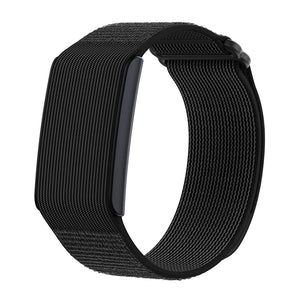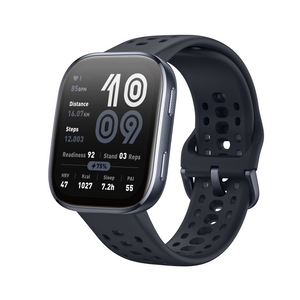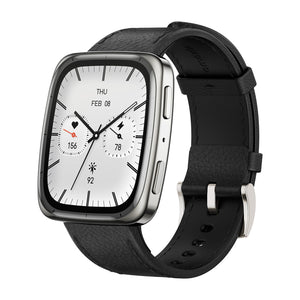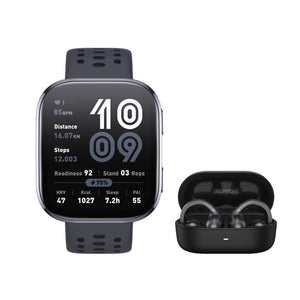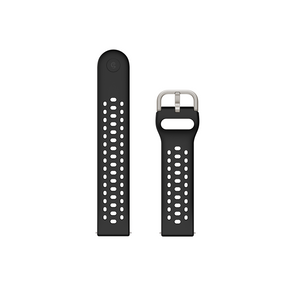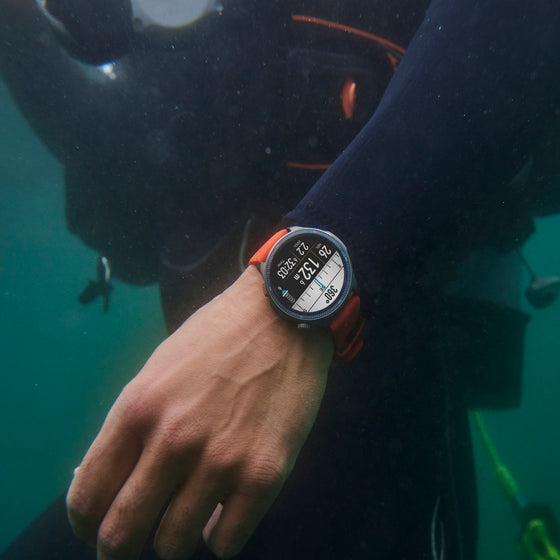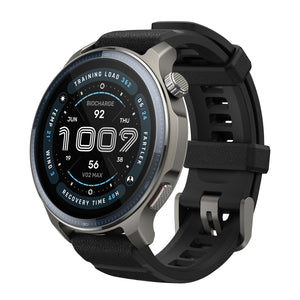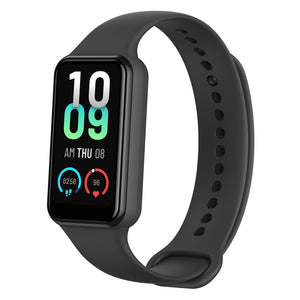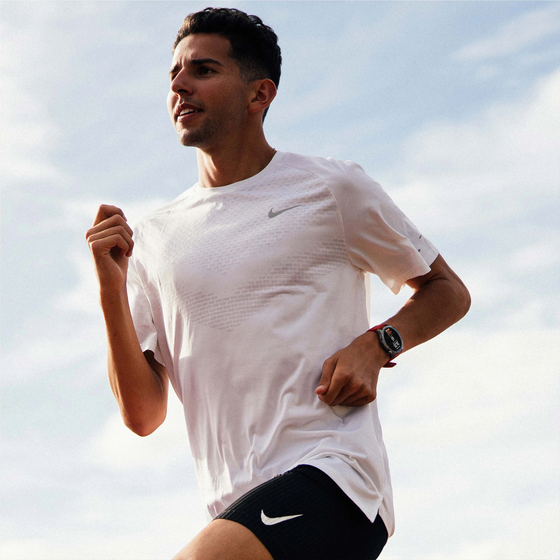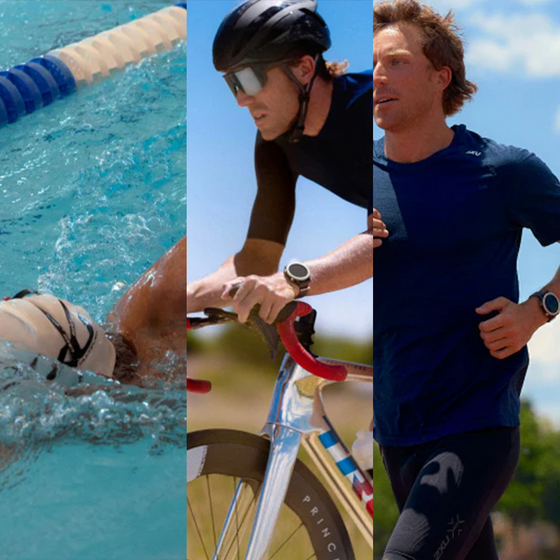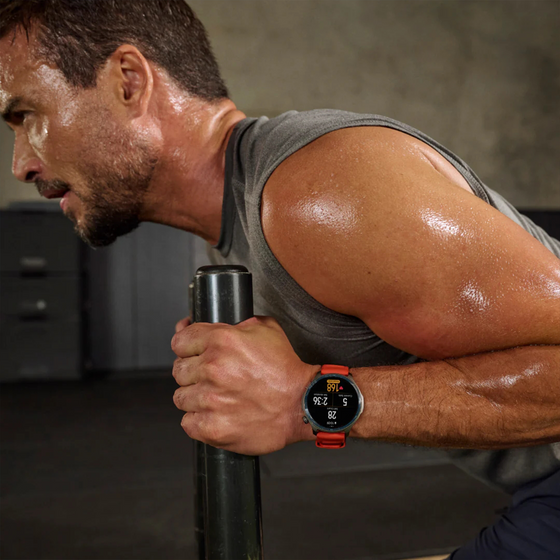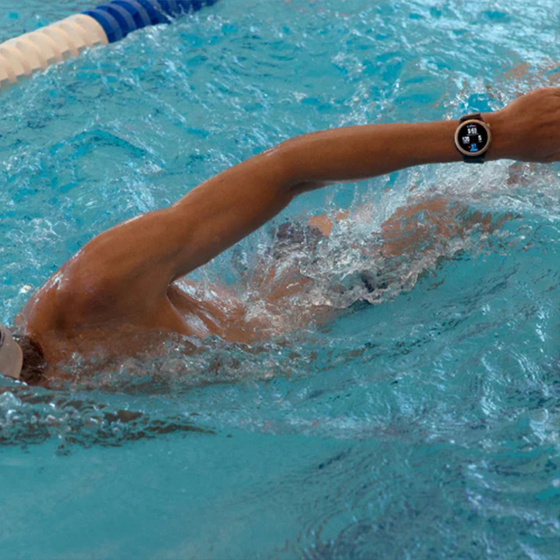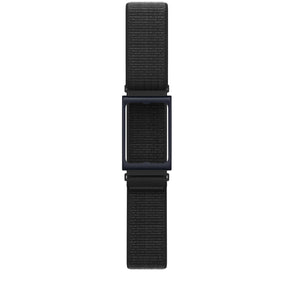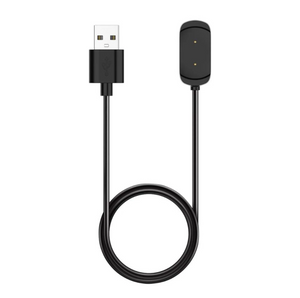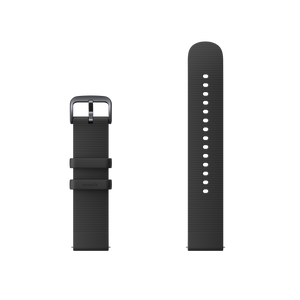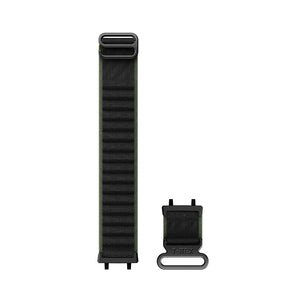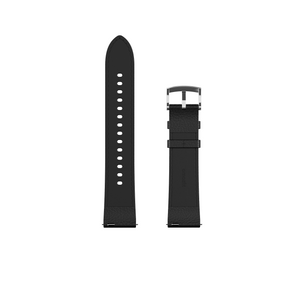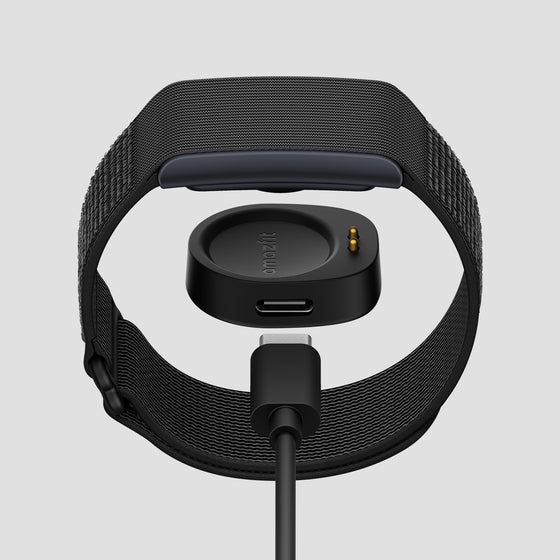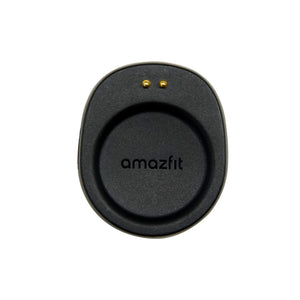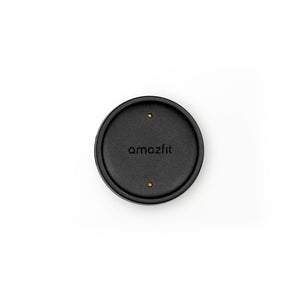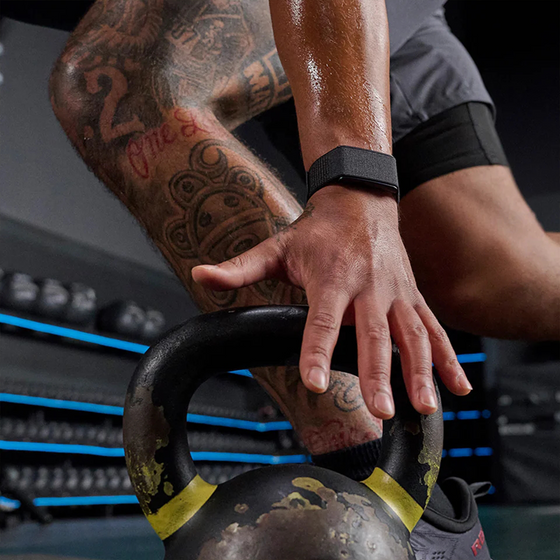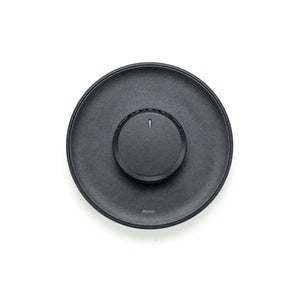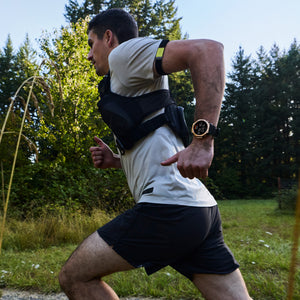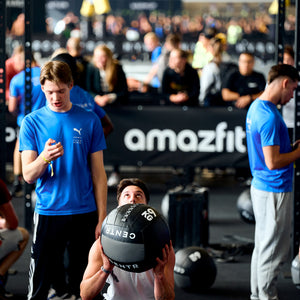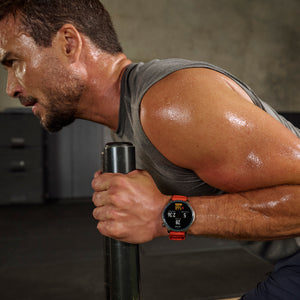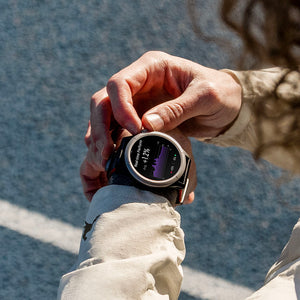
Rapid Recovery: Effective Strategies to Maximize Workout Recovery
After an intense workout, proper recovery is essential to allow your body to repair, rebuild, and grow stronger. By implementing effective recovery strategies, you can optimize your post-workout healing process and minimize muscle soreness. In this blog, we will explore valuable tips and techniques to help you recover quickly and efficiently after your workouts.
Cool Down and Stretch
To kickstart the recovery process, dedicate some time to a proper cool down and stretching routine. Gradually reduce your exercise intensity and engage in light cardio, such as jogging or walking, followed by stretching exercises. This helps to relax your muscles, increase flexibility, and promote blood circulation, aiding in the removal of waste products.
Rehydrate and Refuel
Hydration and proper nutrition are crucial for replenishing your body's resources post-workout. Drink plenty of water to rehydrate and consider consuming a balanced meal or snack within 30 to 60 minutes after exercise. Include a combination of carbohydrates and protein to replenish glycogen stores and support muscle repair.
Utilize Active Recovery
Engage in active recovery activities on your rest days or light workout days. Active recovery involves low-intensity exercises like swimming, yoga, or cycling, which promote blood flow and aid in the removal of metabolic waste. It helps to alleviate muscle stiffness and enhance overall recovery.
Get Ample Sleep
Quality sleep is an integral part of the recovery process. During sleep, your body releases growth hormones, repairs damaged tissues, and restores energy levels. Aim for 7-9 hours of uninterrupted sleep each night to optimize recovery and enhance muscle growth.
Incorporate Foam Rolling and Massage
Foam rolling and massage therapy are effective techniques to reduce muscle tension and promote recovery. Use a foam roller to apply gentle pressure to different muscle groups, focusing on areas of tightness or discomfort. Alternatively, consider getting a sports massage to relieve muscle soreness and enhance blood circulation.
Prioritize Protein Intake
Protein plays a crucial role in muscle repair and growth. Ensure you consume an adequate amount of protein-rich foods such as lean meats, poultry, fish, eggs, dairy products, legumes, and plant-based protein sources. Aim for a balanced distribution of protein throughout the day to support muscle recovery.
Embrace Cold and Heat Therapy
Cold and heat therapies can be beneficial for post-workout recovery. Ice baths or cold showers help reduce inflammation, minimize muscle soreness, and speed up recovery. Heat therapy, such as using a heating pad or taking a warm bath, promotes relaxation, improves blood circulation, and relieves muscle tension.

Listen to Your Body
Pay attention to your body's signals and adjust your training intensity accordingly. Pushing yourself too hard without allowing proper recovery can lead to overtraining and increased risk of injury. Rest when needed and modify your workouts to incorporate active recovery days.
Stay Consistent with Mobility and Flexibility Exercises
Maintaining good mobility and flexibility is crucial for injury prevention and overall recovery. Incorporate regular mobility exercises and stretching routines into your fitness regimen. This will help improve joint range of motion, reduce muscle imbalances, and enhance recovery.
Consider Supplement Support
Certain supplements can aid in workout recovery. Consult with a healthcare professional or registered dietitian to determine if supplements like protein powders, branched-chain amino acids (BCAAs), or omega-3 fatty acids are suitable for you based on your individual needs and goals.
Incorporate Rest and Recover Into Your Routine
Giving your body the attention it deserves post-workout is key to optimizing recovery and achieving your fitness goals. By implementing these strategies - including cooling down, rehydrating, active recovery, prioritizing sleep, incorporating foam rolling, and following a balanced diet - you can expedite the recovery process and be ready to tackle your next workout with energy and enthusiasm. Remember, a well-rounded recovery routine is just as important as the workout itself.




